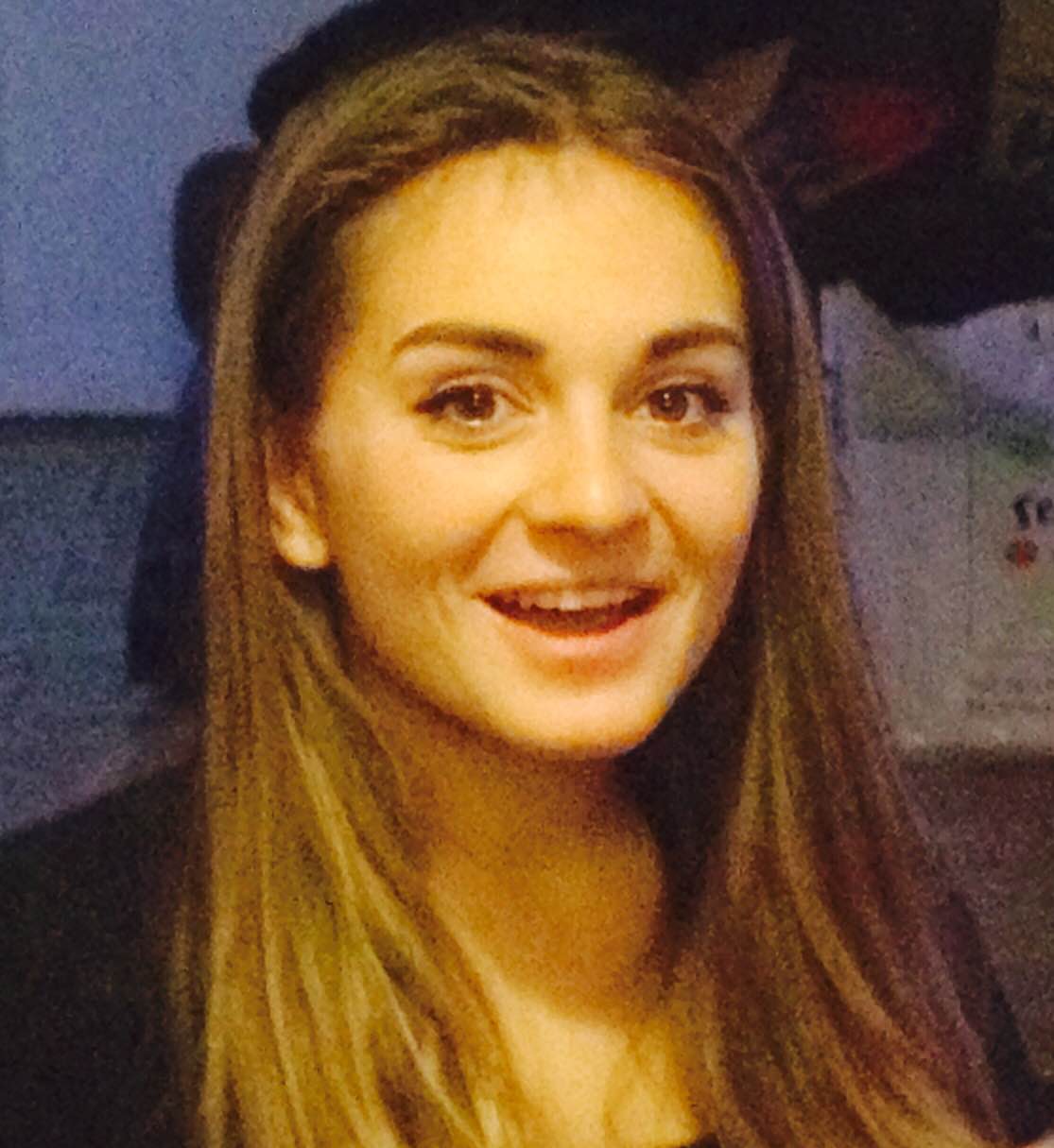Be Prepared for a Roller Coaster First Month
The first month can be challenging and emotional. It is never easy to move into a new country, learn the language, start a new job, and make friends ALL while you are homesick. So, try to be sensitive to the au pair and her transition. Likewise, it will be a challenging adjustment for the parents and the kids. So, plan for an acclimation period. Even the most excited families and au pairs get irritable during this time as both work out the kinks.
Here are a few tips to get through the introductory month.
• As a family, be supportive of the au pair and ask her to be supportive of you. Openly discuss how everyone is feeling. It is important that everyone feel comfortable having an open dialogue.
• Let the au pair know it will take a while to learn everything—so ask questions!
• Talk daily. Discuss the days happenings. This will demonstrate your interest in what your kids are up to and also open to the door to a discussion.
• Explain and re-explain house guidelines. Au pairs often don’t get them until they are in practice. So, continue to explain and re-explain your family’s expectations of her as a care giver and a house member.
• Don’t ignore the warning signs. Read the au pairs body language. If she looks unhappy, doesn’t leave her room, cries, calls home constantly, or seems overwhelmed, TALK ABOUT IT!
• Address up front how you will deal with conflict. Be certain the au pair knows that they should not let problems or questions go unaddressed.
• Establish a “who is in charge” relationship. The au pair is an adult, so be respectful and treat her as such. However, remember that you are the “parent” and responsible for your au pair. So, make certain she knows that the buck stops with you, the parent. Also, while you are a “team” you are also paying a lot of money to have your au pair here. So, don’t lose site of that.
TIP: Be certain to tell the au pair where and how they she can personalize her room. Get a bulletin board or suggest putting up photos on the back of her door or mirror to make her feel at home.
Okay, You Don’t Like the Au pair—It Happens!
On occasion, a host family does not like their au pair. If the issues are minor in nature, openly discuss the problems with the au pair and propose ways to tackle the behavior. Be certain to set expectations and discuss time frames for changing behavior. Then, check in often to see how things are going.
If the issues are major in nature, contact the agency to get some tips.
You Love the Au pair, but Her Year is Over!
If she can’t stay longer, but you love her, support her decision. And, consider buying her a good-bye gift and hosting a good-bye party to celebrate her year. A photo album with pictures of the family is a great good-bye gift.
Prepare everyone for the au pair’s departure- You want and need a smooth transition
If your au pair decides to go home, make certain you talk to her in advance about staying focused on her job until the end. Some girls start to check out, and it is important to remind them that they still have time left and you need the rest of the year to be a success.
Then, begin the search for a new au pair. Look back on the year and consider what you liked and disliked and adjust your criteria accordingly. Also, consider including your current au pair in the interview process so that she feels like she is part of the family and that her opinion matters. Often times, the au pair can be a huge asset, because they can check references in the native language of some of the candidates.
Also, remember that au pair transitions are often a big adjustment for the kids. So, begin to prepare the children about 6 weeks before your au pair is scheduled to leave. Kids can often be sensitive to childcare changes, so don’t hide it from them. Be up front and be honest.
Once you find the new au pair, talk with your current au pair about her departure date. It is important that the girls don’t have too much overlap time in your home. Sometimes the au pairs don’t get along, and it can make for a horrible transition in the family. It is recommended that au pairs only have overlap for a few days. Consider personalities and possessiveness when making the decision about transition.


 Age: 21, Nationality: American. I am a very motivated and determined person, when i set my ind to something. In the mean while I am looking to widen my experiences in life and explore what else the world has to offer me. I feel as though my love for children and this great program would be a great opportunity!
Age: 21, Nationality: American. I am a very motivated and determined person, when i set my ind to something. In the mean while I am looking to widen my experiences in life and explore what else the world has to offer me. I feel as though my love for children and this great program would be a great opportunity!
 Age: 20, Nationality: French.Dear family,I didn't choose Australia by luck. I think it's a really great country. But I didn't chose this job by luck too !. I really love to spend time with children, of all ages. Take care of them and help them in learning . I would like to be a real help for you.Those are the reasons why i've done my BAFA, and why I spent all my holiday time working with children
Age: 20, Nationality: French.Dear family,I didn't choose Australia by luck. I think it's a really great country. But I didn't chose this job by luck too !. I really love to spend time with children, of all ages. Take care of them and help them in learning . I would like to be a real help for you.Those are the reasons why i've done my BAFA, and why I spent all my holiday time working with children

 Age: 19, Nationality: German.I would like to travel and get to know other countries and their people.My nature is rather calm and I'm open-minded, but I might be a little shy in the beginning. Reliability, honesty and punctuality go without saying.
Age: 19, Nationality: German.I would like to travel and get to know other countries and their people.My nature is rather calm and I'm open-minded, but I might be a little shy in the beginning. Reliability, honesty and punctuality go without saying.
 Age: 22, Nationality: Canadian.I would love the chance to be apart of the family and take care of the kids any ages! I am very caring friendly and outgoing I am very close with my family I love them so much and I cannot wait to be apart of your family if I get the chance to.
Age: 22, Nationality: Canadian.I would love the chance to be apart of the family and take care of the kids any ages! I am very caring friendly and outgoing I am very close with my family I love them so much and I cannot wait to be apart of your family if I get the chance to.